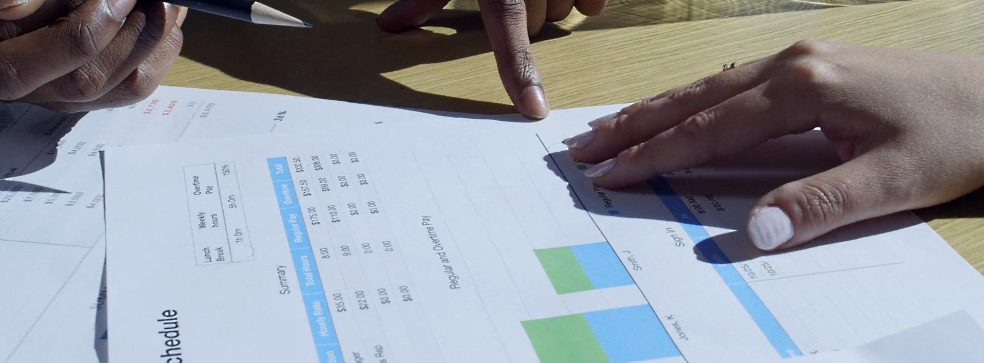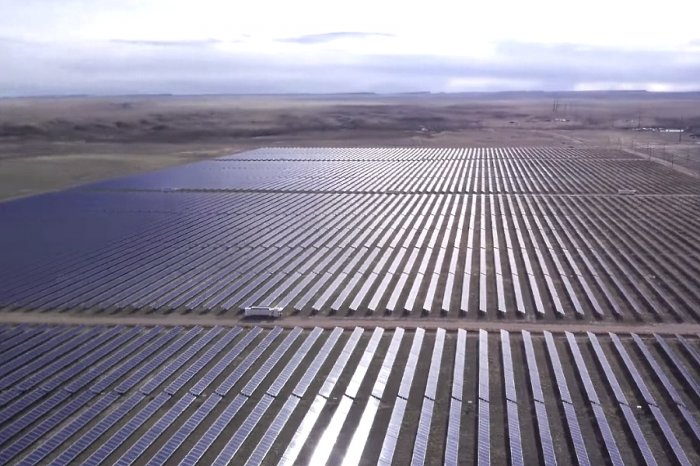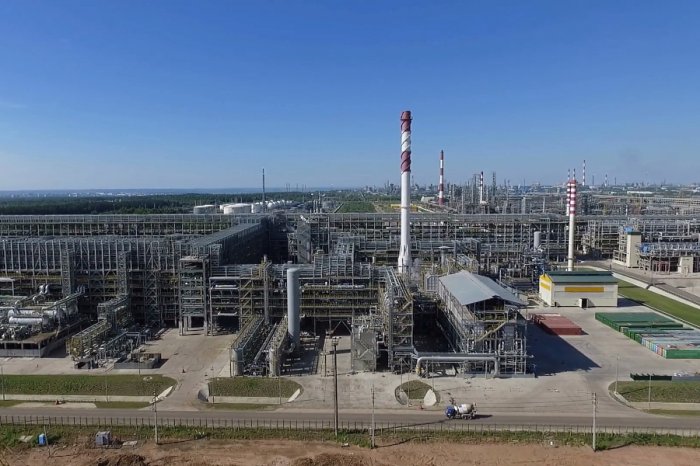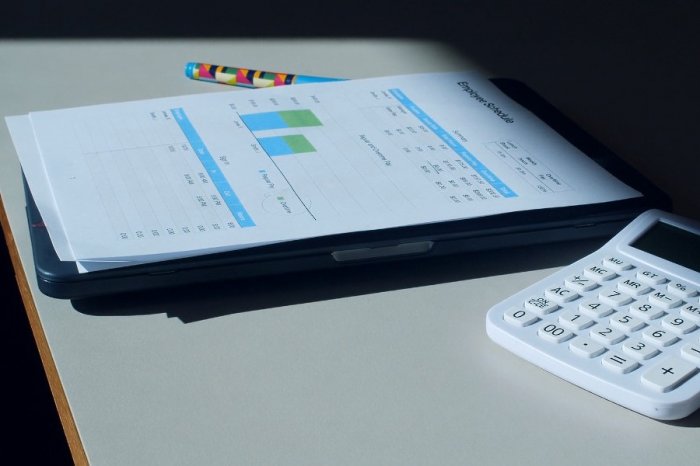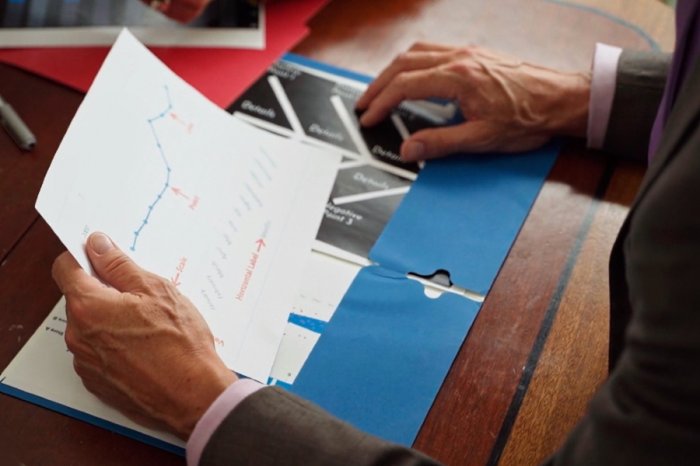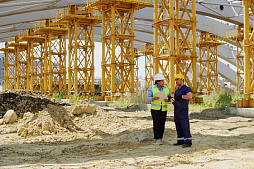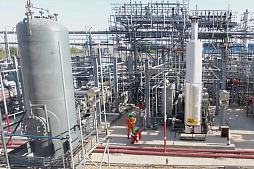After receiving the necessary documents and project presentation, our team will try to review your request as soon as possible, and leading experts will offer the best options for project funding.
Global power sector investment is still around $800 billion a year.
Although the lion's share of this financial pie comes from renewable energy sources and related infrastructure, many countries still need oil, gas and coal-fired thermal power plants.
Commercial loan, also called business loan, commercial and industrial loan or C&I, is an important area of business financing and a key source of borrowings for the thermal energy sector and related industries.
C&I lending is considered the main activity of numerous financial institutions, as they provide loans for a wide range of business purposes, from financing the purchase of materials and fuel to investment in equipment and the construction of new facilities.
GCAM Investment Group offers loans to thermal power plants around the world, including long-term bank financing and project finance schemes.
If you would like to take advantage of cutting-edge financial engineering to develop your future project, please contact our experts for details.
Thermal power plant cost and capital needs
It is no secret that power generation is one of the most capital-intensive industries.Although the cost of building conventional thermal power plants is considered to be somewhat lower compared to renewable energy sources, we are talking about hundreds of millions of euros for a medium-sized project.
In addition, TPPs dependent on coal, fuel oil, natural gas and other fossil fuels are critically in need of uninterrupted financial support (including bank funding) throughout their entire life cycle. This is especially true against the backdrop of growing environmental demands, the need for costly upgrades and volatile fuel prices.
The fixed costs associated with a major energy project mainly consist of the cost of land, equipment, civil works and licensing. A large industrial or commercial loan with a long maturity usually meets the capital needs of thermal power projects, although such investments often require syndicated loans involving several large financial institutions and even government guarantees.
On average, the cost of building a gas thermal power plant costs companies about 600-800 thousand euros for each megawatt of installed capacity.
For power plants based on integrated gasification combined cycle (IGCC) technology, initial capital needs can exceed 1300-1400 thousand euros per MW.
However, these capital needs look very modest when compared to the construction of advanced solar power plants, offshore wind farms or nuclear facilities.
Thus, the cost of building a 1000 MW coal-fired power plant based on advanced technologies could cost more than 1 billion euros, which must be invested over a construction period of 6-8 years. Moreover, such a power plant consumes about 8000-9000 tons of coal daily, which means huge operating costs from the first days of operation.
As the modern economy gradually moves away from fossil fuels in favor of green energy, each project of this kind is carefully studied, discussed and agreed with government regulators. In some countries, complex regulatory procedures make the construction of thermal capacity lengthy, sometimes in excess of 10 years, negatively impacting project costs and bank financing terms.
Financial institutions around the world are wary of financing conventional thermal power plants, especially coal-fired thermal power plants.
Banks are aware of the financial, environmental and reputational risks associated with these projects. Meanwhile, some governments continue to push lenders to finance coal energy for macroeconomic and geopolitical reasons, among other things. Thus, industrial loans in this sector are the result of rather complex and ambiguous interactions between the public sector and private capital.
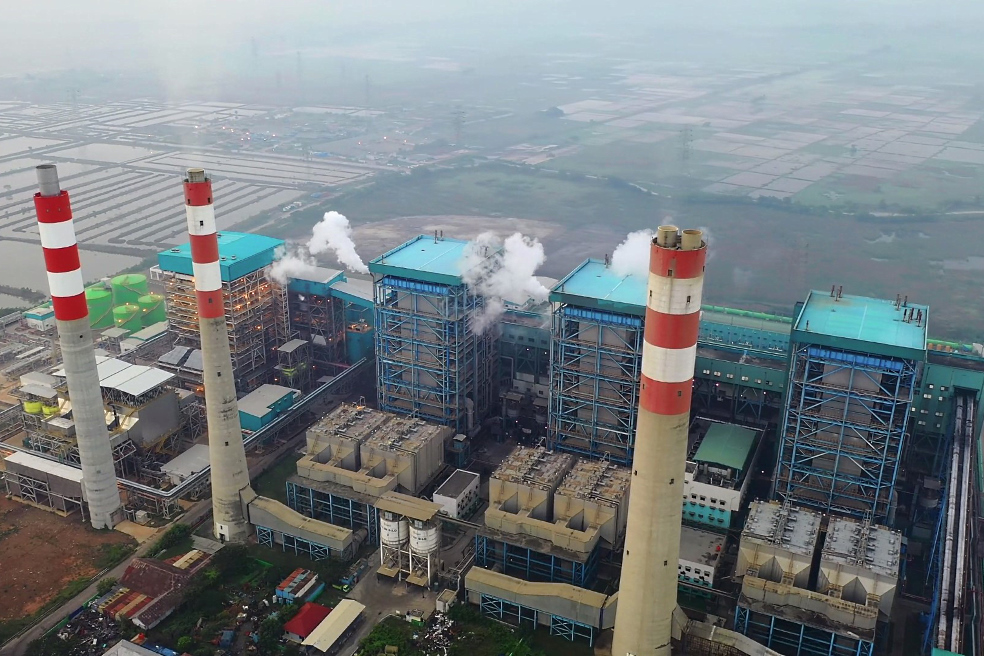
In addition, thermal power plants running on natural gas or other fossil fuels incur huge operating costs and are very sensitive to changes in fuel prices.
This makes conventional projects much more risky and less attractive to banks and other providers of capital. However, the choice of investment alternatives in the energy sector always represents a trade-off between capital costs and operating costs, so in many practical situations, conventional TPPs are considered more viable.
Bank loans for thermal power plants
Long-term commercial loans provided by banks for the construction and modernization of thermal power plants are aimed at supporting energy companies at all stages of development, construction, installation, operation and maintenance of projects.Bank funding is available for viable projects that are able to generate sufficient cash flows to cover debt in the medium term.
The range of potential borrowers is quite wide and includes, among other things, large local and international legal entities developing energy projects.
The obvious advantage of bank loans lies in the wide range of financial products that can be easily adapted to the needs of a particular borrower and his project. Structured finance, syndicated loans, working capital loans, and additional funding for special purpose vehicles through project finance (PF) offer exciting opportunities for energy companies.
Bank financing of a thermal power plant requires a separate legal entity with a sufficient level of creditworthiness or a special-purpose vehicle created to attract financial resources for a specific project. An important condition for a positive decision on a loan application is a high credit rating of the borrower and a long successful experience in the field of thermal energy.
Table: Advantages and disadvantages of a bank loan for a thermal power plant.
| Advantages | Disadvantages |
| A commercial loan is a much simpler financing option than project finance (PF), so funds can be obtained relatively quickly. | To obtain a large commercial loan, it is necessary to provide a guarantee. The loan can be secured by land, equipment, buildings and other assets of the borrower. |
| A syndicated loan allows energy companies to raise huge funds, up to billions of euros, which would be difficult to obtain in other ways. | It is easier for traditional banks to evaluate the profitability of an existing company. This means that it will be extremely difficult for new companies to use a bank loan to finance a capital-intensive project. |
| An important advantage of a commercial loan is tax incentives, which, if properly used, can contribute to the growth of liquidity. | Financing thermal power is becoming less attractive to banks, so loan conditions can be tough in terms of guarantees, debt maturities, grace periods, and so on. |
| A good credit history allows large companies to raise loans on favorable terms, gaining additional competitive advantages. |
Issuance of a bank loan is possible after a thorough study of the business plan and project documentation.
Typically, the borrower must have a land plot for the construction of a thermal power plant, as well as demonstrate some progress in obtaining licenses and permits, supply of equipment and materials.

This increases the chance of successful completion of the project, whose cash flows should serve as the main source of repayment of the project debt.
Priority is given to the financial model and key financial information of the project. Prior to loan approval, a detailed engineering, financial and legal assessment of the thermal power plant project is carried out.
Funding is arranged through loan agreements developed according to the characteristics of a particular project and capital needs of the client.
Since the cost of a medium-sized thermal power plant is in the hundreds of millions of euros, this is usually a syndicated loan. Consequently, the contractual structure becomes much more complicated, requiring the harmonization of loan terms and interests, additional research and rational distribution of risks between syndicate participants.
The role of commercial and industrial (C&I) loans
The role of C&I in the development of thermal energy and related sectors is difficult to overestimate.Large commercial loans for power plant construction, infrastructure development, equipment purchases, facility upgrades and maintenance, and fuel purchases are an important financial support mechanism.
This is the very mechanism that allows government agencies to fine-tune the development of the sector and direct the progressive growth of the national economy. Given the state's involvement in the funding of thermal power plants at this stage of development, commercial and industrial loans in this sector are often negotiated and supported by governments.
These can be both long-term investment loans with a maturity of more than 10 years, and working capital loans that are used by energy companies to pay for fuel, wages, ongoing repairs, etc.
In practice, a C&I loan is often a short-term (up to 2 year repayment) line of credit or a term loan secured by collateral and project cash flow.
However, some banks, financial companies and groups are showing an increased interest in financing coal-fired thermal power plants, gas-fired thermal power plants and heat generating facilities. GCAM Investment Group has extensive experience in energy finance in Europe, Latin America, North Africa and the Middle East.
We are ready to offer partners the following:
• Direct financing of thermal power plants.
• Long-term industrial and commercial loans.
• Project finance schemes through SPV.
• Structured and syndicated projects.
• Grace period at the stage of TPP construction.
• Funding up to 90% of the project cost.
• Financial modeling and consulting services.
• Loan guarantees and more.
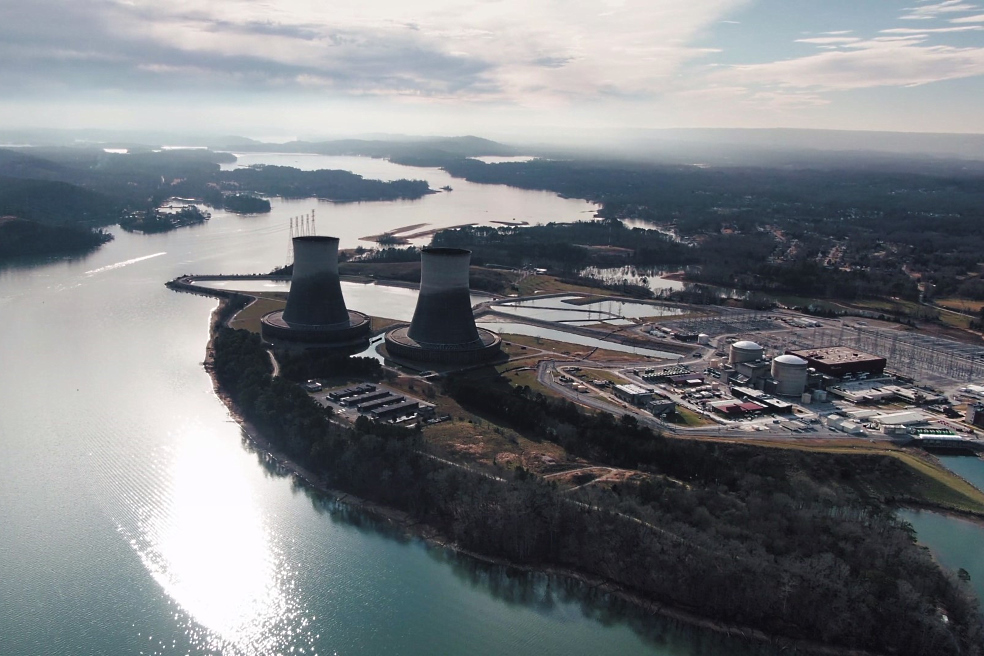
According to the World Bank, concessional financing is playing a growing role in the development of the sector.
This refers to the long-term financing of thermal power projects at interest rates below the market average, which is carried out through international financial institutions or development banks.
In essence, this is a special type of financial support that helps countries and local communities achieve energy security and independence.
If you are interested in bank financing of a large thermal power project, loan guarantees, financial modeling services or consulting, please contact GCAM Investment Group for details.



